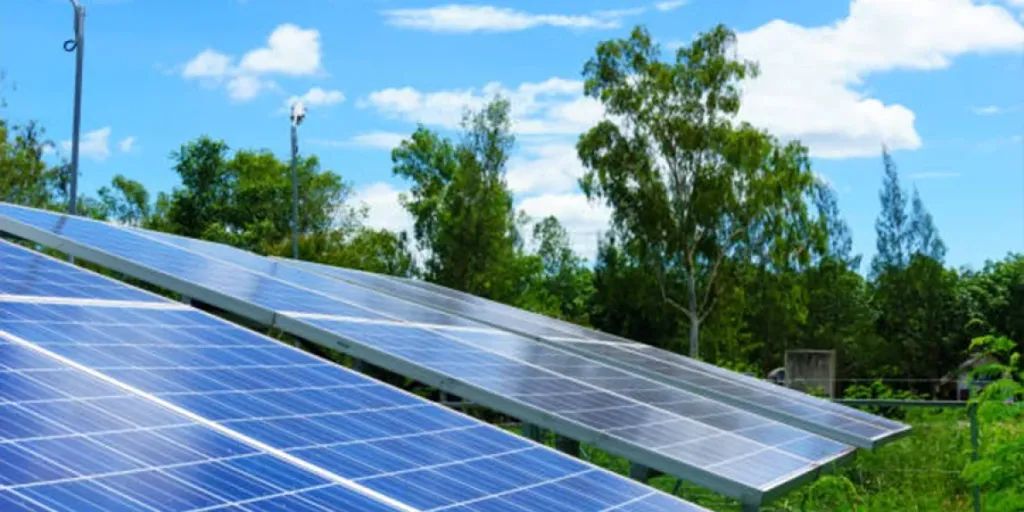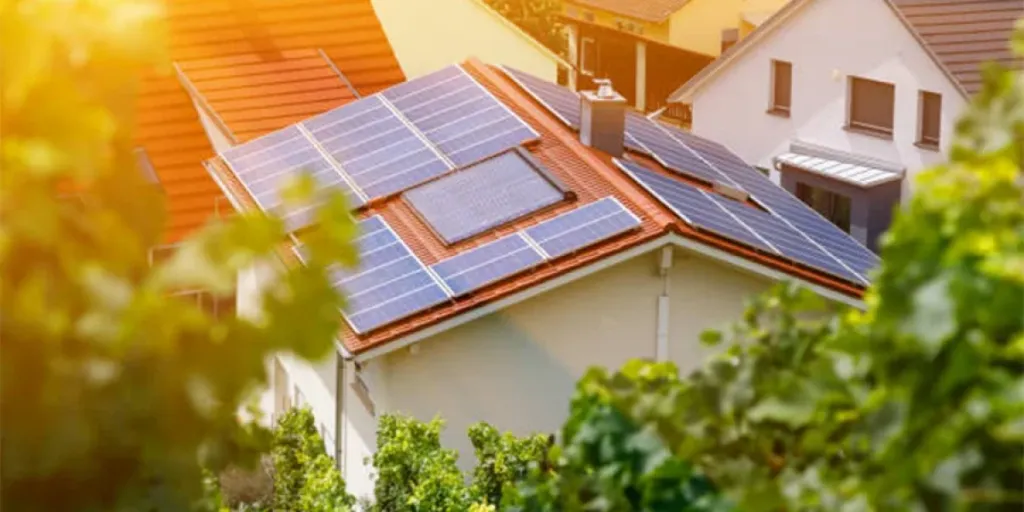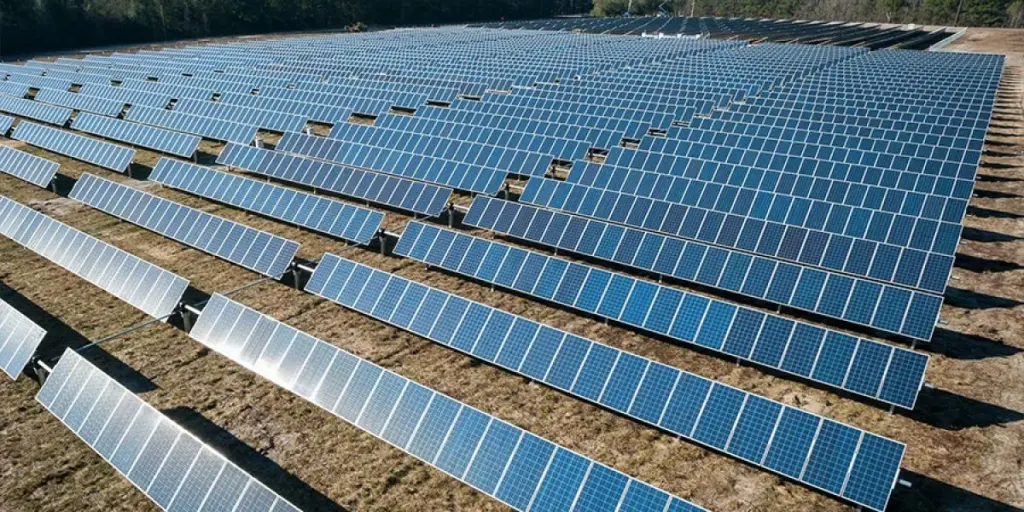Fraunhofer ISE’s Latest Study Calls Ground-Mounted PV & Onshore Wind Most Cost-Effective Compared To All Power Plants
Key Takeaways
- Fraunhofer ISE’s latest study claims solar and wind energy are currently the most cost-effective technologies among all power plants
- Even with the combination of battery storage, PV systems are producing electricity more cheaply than either coal or gas-fired power plants
- The study also forecasts LCOE for various technologies in 2045, according to which the LCOE of renewables is likely to continue to fall until 2045
Ground-mounted solar PV systems and onshore wind turbines in Germany currently have a levelized cost of electricity (LCOE) of €0.041/kWh to €0.144/kWh, making these the most cost-effective technologies among all types of power plants including of course, renewable energies.
Solar PV systems now produce electricity much more cheaply than either coal or gas-fired power plants, even in combination with battery storage, according to the latest edition of the study on Levelized Cost of Electricity: Renewable Energy Technologies by Fraunhofer Institute for Solar Energy Systems ISE.
For solar + battery storage systems, the LCOE varies between €0.06/kWh to €0.225/kWh, according to the institute’s analysis. It attributes the wide range to large cost differences for battery systems ranging from €400/MWh and €1,000 MWh, combined with the cost differences for PV systems and the varying levels of solar irradiation at the system location.
According to the Lead Author of the study and the Head of Department for Energy System Analysis at Fraunhofer ISE, Dr. Christoph Kost, the LCOE for renewables will continue to fall until 2045. For small rooftop PV systems, the LCOE will range within €0.049/kWh and €0.104/kWh, while for ground-mounted PV systems it will be within €0.031/kWh and €0.050/kWh by 2045.
Fraunhofer ISE Researcher and Co-Author of the study, Dr. Verena Fluri added, “Even small PV battery systems could achieve electricity production costs between 7 and 19 cents per kilowatt hour by then, provided that the prices for battery storage systems fall to the assumed 180 to 700 euros per kilowatt hour.”
According to the report, starting from 2024, the LCOE of all PV systems without battery storage will be below €0.15/kWh.
By 2045, the prices for PV systems will drop to below €460/kW for ground-mounted, and to between €660/kW and €1,306/kW for small systems, according to the analysts.
The report reads, “By 2035, electricity generation from a PV-battery system is predicted to be significantly cheaper on average than from a combined cycle gas turbine power plant. By 2045, even small PV-battery systems could achieve LCOE between 7 and 19 €cents/kWh, assuming battery storage prices decrease to the projected range of 180 to 700 EUR/kWh.”
According to the report writers:
- The prices for PV systems are expected to decrease by 2045, potentially falling to below €460/kW for ground-mounted systems and between €660/kW and €1306/kW for small systems.
- By 2035, electricity generation from a PV-battery system is predicted to be significantly cheaper on average than from a combined cycle gas turbine power plant.
- By 2045, even small PV-battery systems could achieve LCOE between €0.07 and €1.9/kWh, assuming battery storage prices decrease to the projected range of €180/kWh to €700/kWh.
In comparison, the LCOE of new onshore wind turbines built in 2045 could produce electricity within €0.037/kWh and €0.079/kWh due to a higher number of full-load hours and larger turbines.
Fraunhofer uses learning curve models for various technologies, market scenarios, and future market developments, to estimate future developments to forecast the LCOE until 2045.
“There is uncertainty regarding the actual market development that can be realized by 2045 for all technologies. Market development in the coming years will largely depend on the implementation of the Paris climate goals. However, the actual market development of each technology is crucial for the timing of cost degression in the learning curve model,” according to the report writers.
Being published since 2012, the latest edition of the report is available for free download on Fraunhofer ISE’s website.
Source from Taiyang News
Disclaimer: The information set forth above is provided by Taiyang News independently of Chovm.com. Chovm.com makes no representation and warranties as to the quality and reliability of the seller and products. Chovm.com expressly disclaims any liability for breaches pertaining to the copyright of content.




